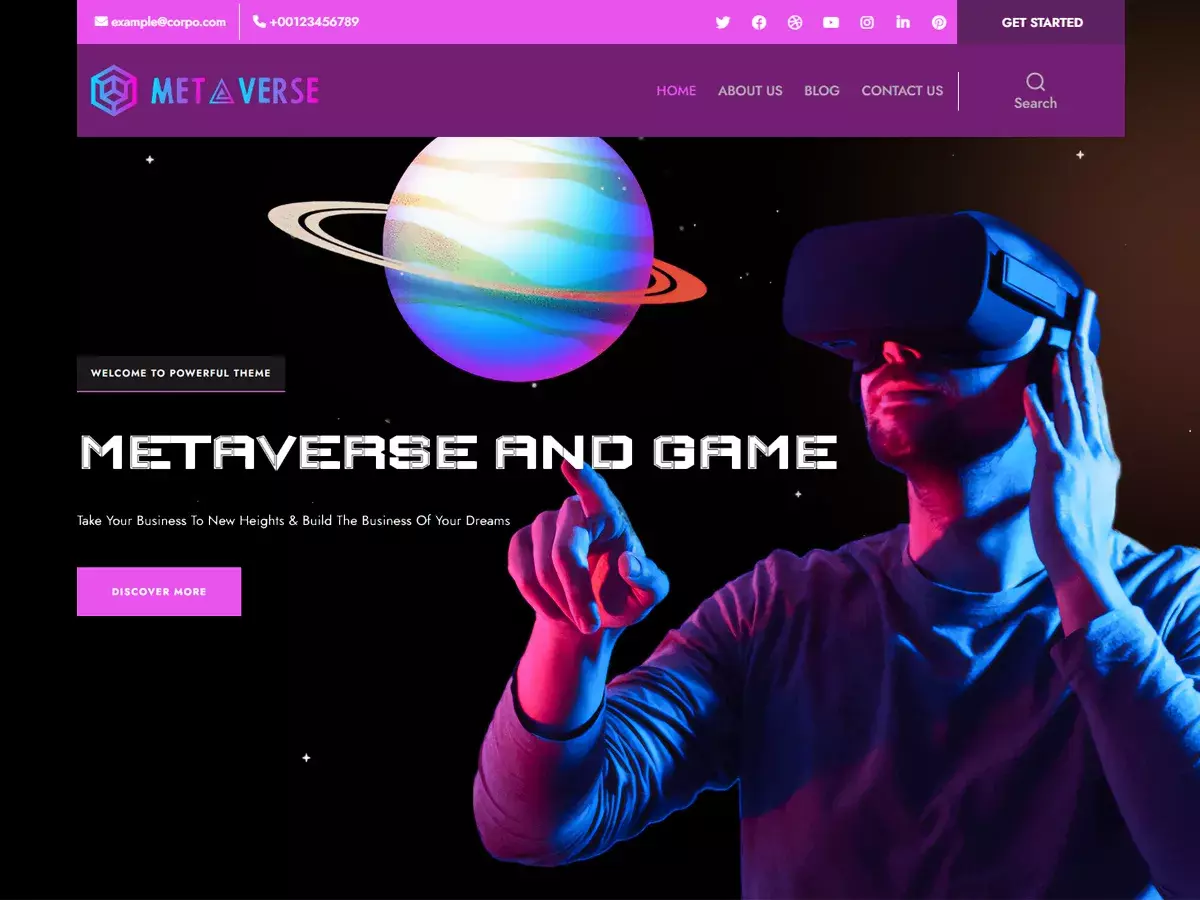For a period of time, the issue of reading Arab elites and classifying them between classic elites and virtual elites and their different roles constituted a controversy among specialists in sociology, politics, and philosophy. It was the third topic in a series of seminars organized by the network in the context of discussing the program “Transformations in the Arab World and the Renaissance Project” in partnership with the Arab Renaissance Organization for Democracy and Development. Under the title “Scientific Elites in Times of Transformation,” the network concluded its series on November 13, 2021, with the participation of a number of Arab researchers via the Zoom application. The symposium addressed the concept of the Arab elite and its classifications. It focused on the role and status of the Arab elites and how they changed due to the transformations taking place in the Arab arena and the states of social unrest and populist turns. The participants unanimously agreed on the role of the digital revolution in forming virtual elites that adopt a culture of immediate expediency and focus their attention on economic capital instead of the symbolic capital that the classical, educated elites possessed. Some participants also stopped when presenting examples about the situation of elites in Arab countries such as Yemen, Tunisia, Egypt, Libya, Sudan, etc., which were produced by the “Arab Spring” revolutions and the cases of poverty and deprivation that have emerged and worsened in recent decades.










